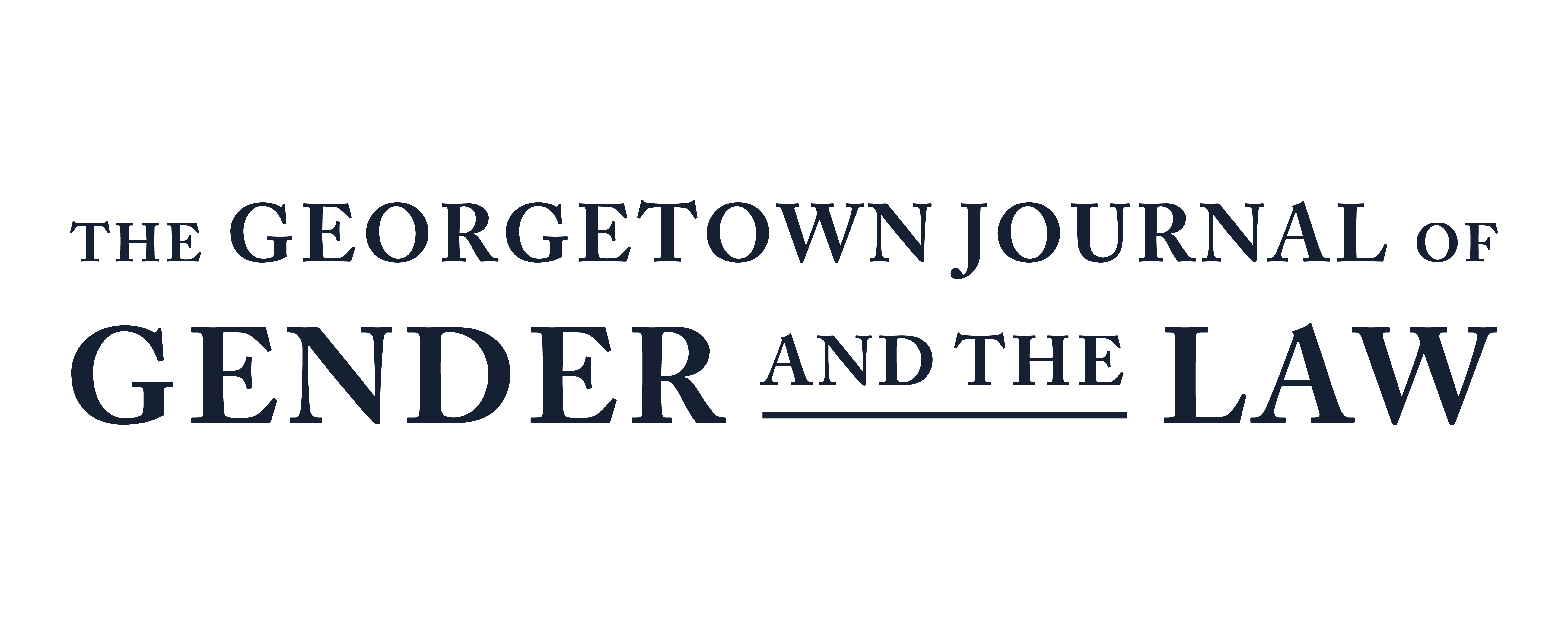Abortion, Judicial Review, and Popular Sovereignty
Women have long resorted to litigation to claim their space in societies and shape the rights that they consider meaningful to achieve equal citizenship stature. This has particularly been the case for the right to abortion. In some instances, litigation was not the sole mechanism used, but has still been a necessary step in the path to achieving legislative change through the majoritarian political process. This Article explores these dynamics in the United States, where Dobbs v. Jackson Women’s Health has stripped women and persons with the capacity to gestate of their right to abortion, while advancing the argument that this is done for democratic reasons, to give back the right to decide on these matters to the people and their representatives. This Article then turns to a comparative study of three countries that have recently liberalized the right to abortion: Argentina, Ecuador, and Ireland. Each of these countries has used a different mechanism to liberalize abortion (a referendum, new legislation, and the use of the Constitutional Court). To examine these developments, this Article relies on Seyla Benhabib’s model of “dialogic constitutionalism” to highlight the conversation between courts, legislative authority, and civil society, and how these conversations serve to upgrade standards of rights protection over time. This Article claims that in all these countries the role of courts has been essential in contributing to the democratic dialogue around abortion, its limits, and its place in society. It has also contributed to the expansion of popular sovereignty by the inclusion of women through the permission to control their own bodies.
Algora Article
